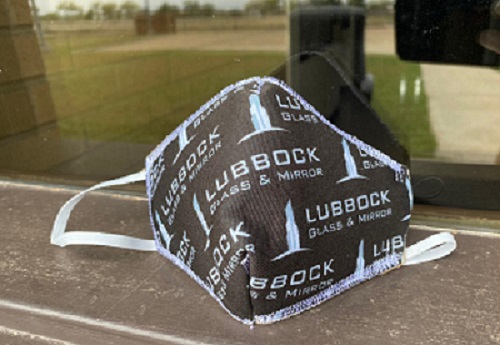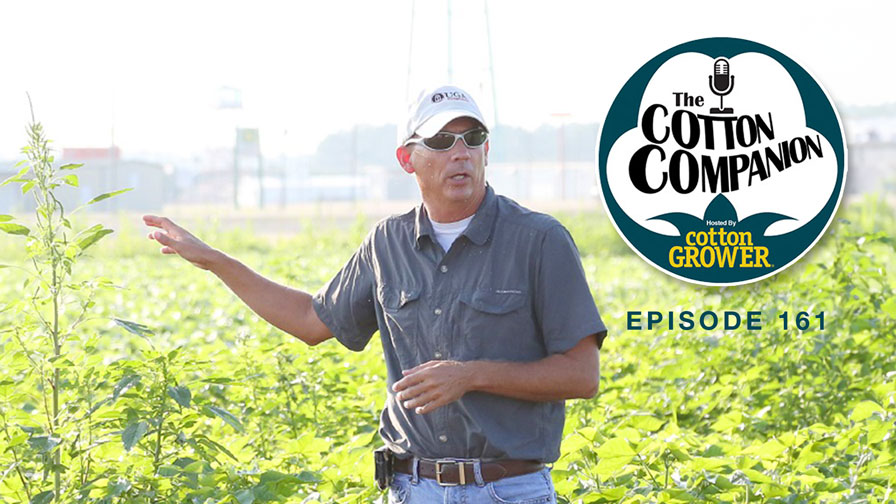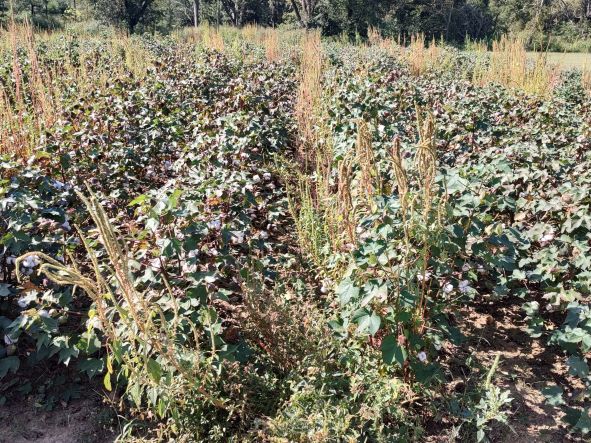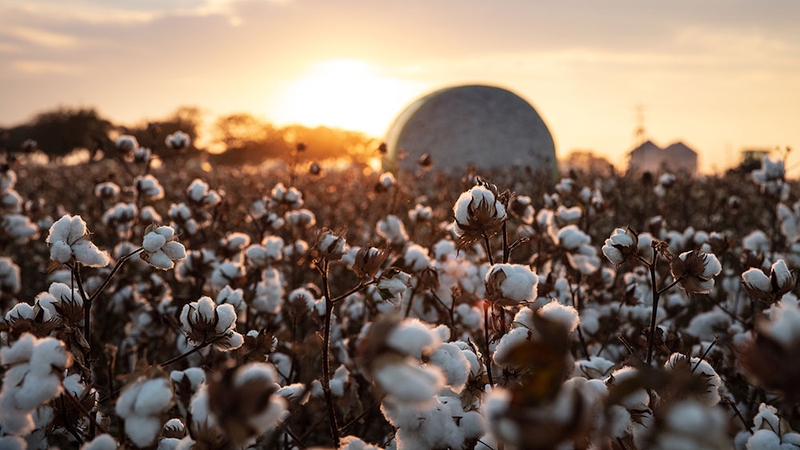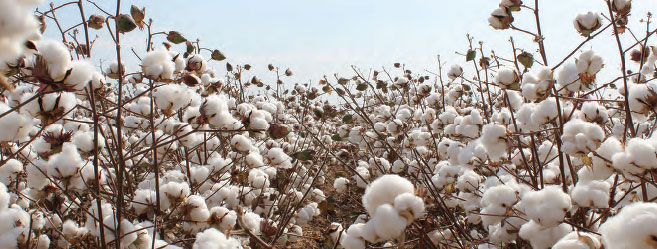Lubbock Groups Develop New Face Mask with Cotton Nonwoven Filter
COVID-19 has revealed the critical need for face masks, leading to the evolution of various kinds of masks through entrepreneurship and human ingenuity.
A recent three-way collaboration between the Nonwovens and Advanced Materials Laboratory at Texas Tech University and two Lubbock-based businesses – Scarborough Specialties, Inc. and E Innovate, LLC – resulted in the development of a new face cover using cotton nonwoven as a filter substrate.
A prototype of the new face cover developed with cotton nonwoven as core filter substrate.
“In the time of stress, it is necessary to collaborate and find the right partners to develop tools to race against COVID-19,” stated Ronald Kendall, Jr., founder and president of E Innovate.
Face masks are important, life-saving barriers against the transmission of SARS-CoV-2, the virus that causes COVID-19, which occurs through respiratory droplets. Since the intensity of transmission depends on the size of the virus and the load, filters that can trap finer particles of submicron size are needed. It is well accepted that to counter finer particles that easily diffuse through substrates, a Filtering Facepiece Respirator – commonly referred to as an N95 mask – is needed.
N95 masks are generally used in scenarios where aerosols are generated. In hospital settings, these are used in isolation wards and where intubation is encountered. The efficiency of masks depends on 3Fs – filtration capability, fit and form or comfort. In situations where aerosols are not an issue, face masks commonly referred to surgical masks are used, serving as a barrier to bodily fluids and exhalations.
Prior to COVID-19, the medical and first responder community widely used N95 and surgical masks. However, due to the severity of transmission and to support social distancing, face covers made from fabrics have evolved. Yet, depending on the structure and the material makeup, its ability to filter may vary. That need led to the collaboration to improve the filtration capability of common face covers.
Face masks can be classified into several broad categories – filtering facepiece respirators, surgical masks and face covers. A fourth classification called fisors has been developed through the Lubbock collaboration and focuses on enhanced face covers to the protect the nose and mouth.
Fisors can have multiple types of filter substrates, depending on the need. However, studies have shown that copper and cellulosics such as cotton do a better job in destabilizing virus compared to plastics. Also, it is known that structures that provide a tortuous flow to air may serve as a better filter. Due to their random arrangement of fibers, nonwovens have been used as filters. Fisors utilize nonwovens from materials like cotton to enhance filtration.
Cotton is finding new and industrial applications, which shows the need for investments in research. COVID-19 has shown that innovations have an important role in waging war against diseases, as well as enhancing manufacturing activities.




